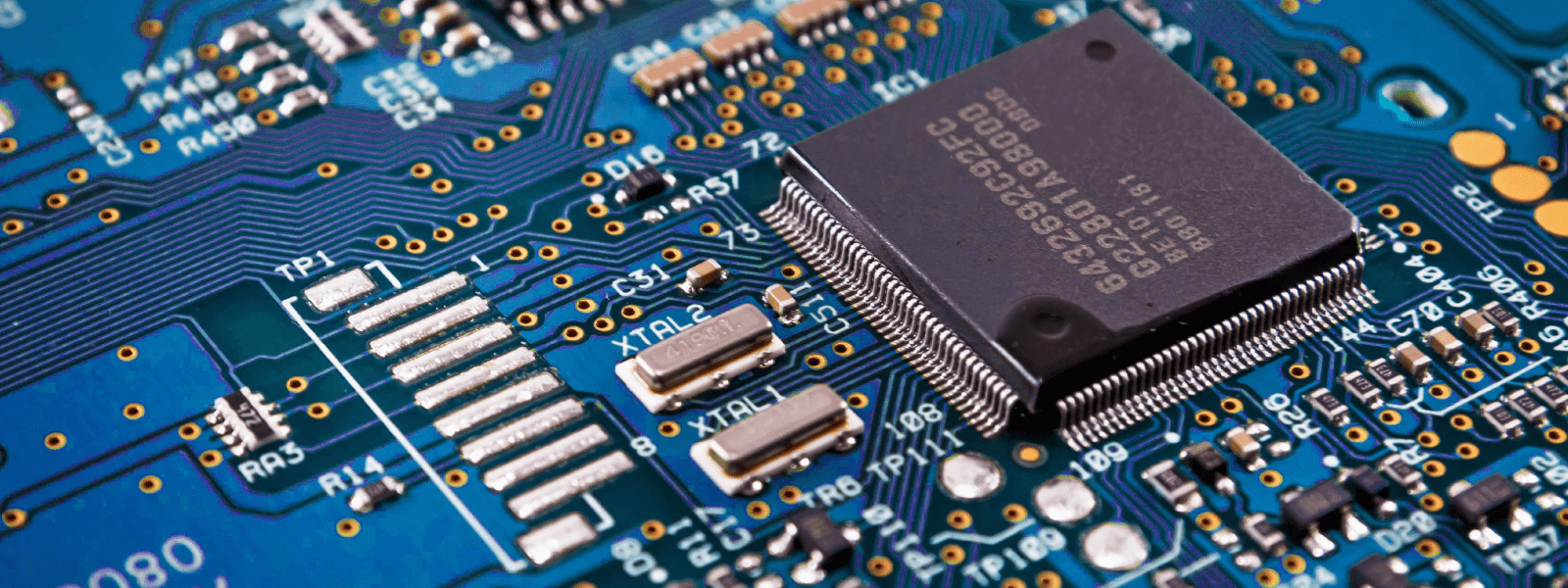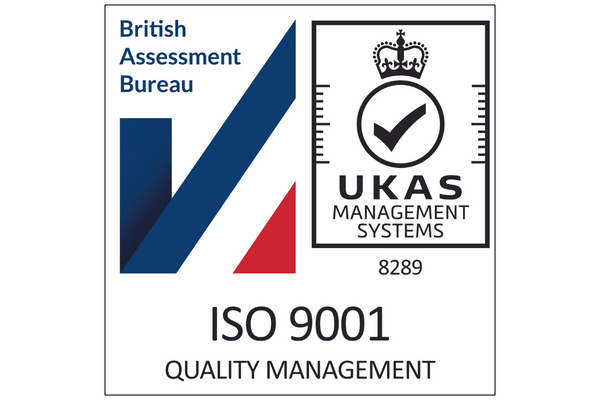
IPC Certified Interconnect
IPC Certified Interconnect Designer Training
IPC Designer Certification or CID (Certified Interconnect Designer) and CID+ are the industry’s only premier professional development programme targeted toward those working in the Printed Circuit Board (PCB) design industry.
IPC CID and CID+
IPC CID & IPC CID+ Training Courses
We are the sole provider for CID training courses in the UK and have a wealth of knowledge and experience in both professional developments within the industry and in PCB design.
The IPC is a worldwide membership organisation representing all facets of the industry including design, printed circuit board manufacturing and electronics assembly.
Become CID CertifiedBook Now
IPC Certified Interconnect Designer Training

"Undertaking training with Quadra has enabled us to understand the benefits of efficient and effective design, whilst helping cut costs"Cobham
Who Is The Training For?
This course specifically caters to existing PCB design professionals who have a number of years’ experience, and would benefit from the recognition of their skills and confirmation that their designs comply with accepted international standards.
Many delegates undertaking this course have extensive industry experience and look to this course to further develop and enhance their skills, while also ensuring the success of their designs to the current industry standards.
The training is suitable for:
- PCB assembly Professionals
- Engineering staff and managers with interest in design
- Sales
- Fabrication Managers
- Purchasing
- Research and Development
- Quality
- Test Engineer
Course Information
Course content covered in IPC CID
- PCB Design Considerations
- Thermal, Reliability and Testing Issues
- Physical Board Principles
- PCB Layout Principles
- Component Types
- Component and Assembly Issues
- PCB Surface Treatments
- Printed Board Characteristics
- PCB Design Documentation and Dimensioning
Course content covered in Advanced IPC CID+
- PCB Material Properties
- Assembly Test Implementation
- PCB Design Standards to Meet Fabrication and Assembly Goals
- Quality Life-cycle Tracking
- Panelization Strategy for Manufacturing Processes
- Electrical Clearance and Dielectric Spacing
- General Principles of Impedance Control for PCB design
- Component Comparison Between Area and Peripheral Arrays
- Component Mounting Strategies
- Material List Development
- Documentation to Facilitate Design to Fabrication Interface
- Phone +44(0)1254 301888
- Email hello@quadrasol.co.uk
Gold Autodesk Software Reseller for the mechanical and construction industries, sole UK reseller of Zuken’s PCB design software, eCADSTAR and Experienced PCB Design Bureau Specialists. We pride ourselves on our consultative approach to working with customers as their technology partner.











